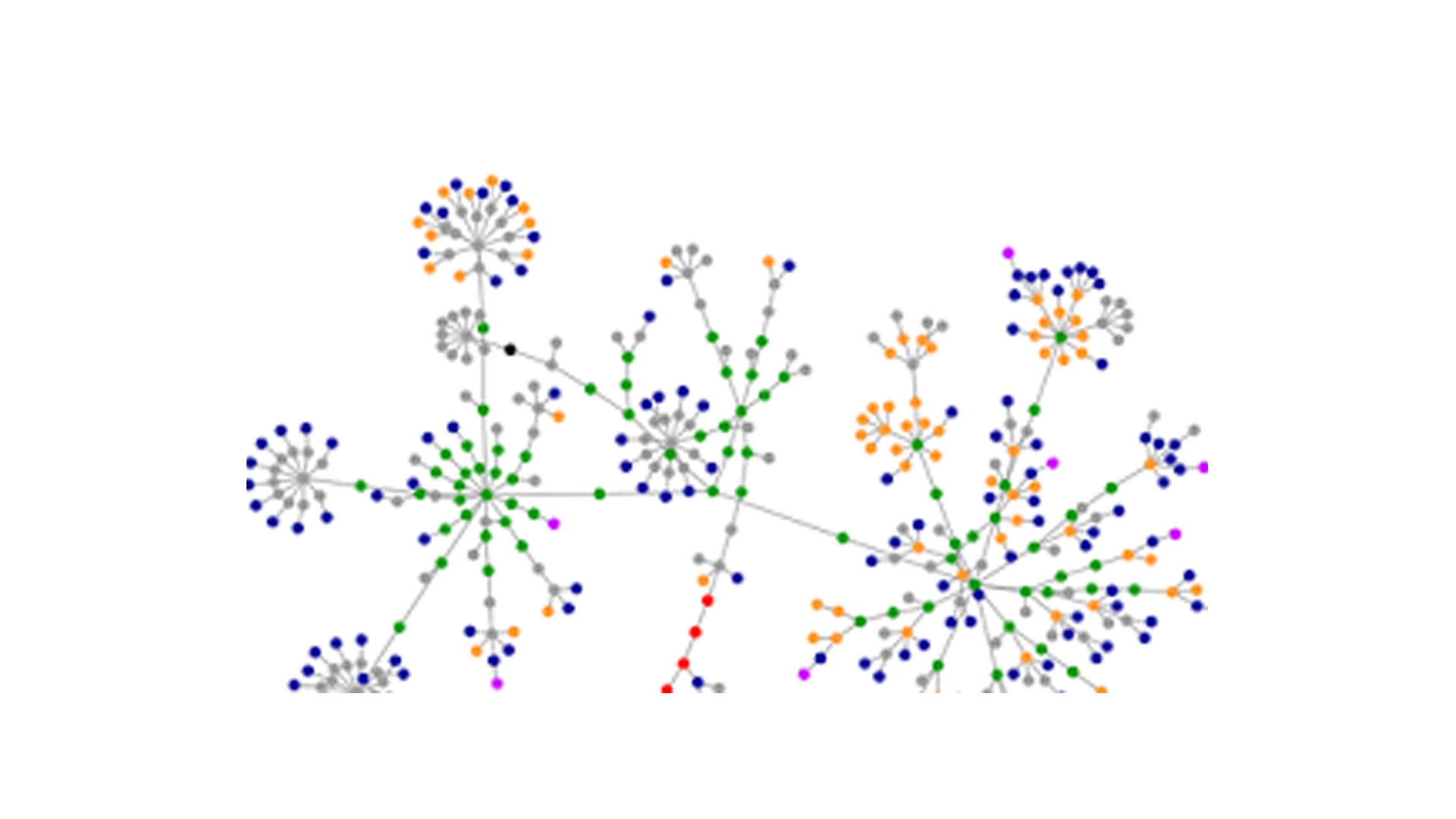Network Effects

As we discussed in a previous post, I will be investing in my first ICO, when Tezos launches later today. I think that I need to explain why I have not participated in an ICO before and what exactly the difference is between Tezos and the myriad other ICO’s that I have taken a pass on over the years.
First, it is important to understand what has made the first generation of blockchain tokens, such as Bitcoin, Dash, etc. so successful: network effects. Network effects refer to the fact that as additional people onboard onto an ecosystem, for example Bitcoin, the token tends to increase in value and thus attract even more investors thus increasing more in value, etc. creating a positive feedback loop for both the token and the ecosystem. Bitcoin is money, and the network effects of money are gargantuan.
ICO’s on the other hand, rely on “app coins,” which although they contain the elements of a “money” blockchain protocol, such as a blockchain and a consensus mechanism, they are not really money, nor are they meant to be. WIth an app coin ICO, the point of the ICO is to bootstrap the app and the ecosystem behind them, the token is a mere unit of account, much like shares in a company. The network effects of share certificates, for example, are generally much smaller than those of “money”. At least until there is an ecosystem to support them.
Allow me to illustrate: do you think it would be easier to give away, on the street, in paper, 10,000 shares (each sheet of paper a single share) of a company you have never heard of, say one called “Token Inc.” , or 10,000 one dollar bills? By at least an order of magnitude you would be able to get rid of the money much faster; even if the face value of the shares were over one dollar. Money requires no explanation; nobody really knows much about “Token Inc” or what it is.
But what happens when the shares belong to a hot company like Amazon? One that already has an ecosystem bootstrapped around it? Those share certificates start going mighty fast. This happens because you are taking advantage of the ecosystem of e-commerce and brand recognition pioneered by Amazon.This is where it gets weird, you need to take a step back and consider that there are now real applications for smart contracts, and that the smart contract ecosystem has already been bootstrapped (thanks to Ethereum), you can take advantage of its network effects. If you are trying to give away Amazon shares, you do not need to explain e-commerce, you just need to draw parallels.
Tezos is easy to understand by drawing parallels. What is Tezos? A smart contracts platform like the Ethereum Network. How is it different from Ethereum: You are able to make contracts in such a way that messing up and loosing a ton of money like The DAO is a lot harder. Anything else? Yes, it can upgrade itself through self-governance, kinda like Dash. Because it can upgrade itself, it can change to anything the users want it to be. Killer App. In a few sentences, I just told you everything you need to know about Tezos.
Tezo’s killer app is likely its ability to upgrade its own protocol through its built in governance system, I would like to develop what I mean by that; governance practically eliminates the need to hard fork (except in dire circumstances). Any developer, through an incremental vetting process, can eventually have his project (modified core protocol) deployed to testnet, and if users find it a useful improvement, they can vote to deploy it onto mainent. The developer could even get paid! He could add instructions to assign himself X number of coins when the upgrade upgrade hits mainnent (in exchange for his services) and there you have it, the network just paid for its own development.
The network effects of the smart contracts ecosystem will play a major role in how far and how fast Tezos eventually goes, but I have a hopeful outlook for Tezos in the next five years, I mentioned in a previous article that I was unsure whether I had made the right call by not jumping on the Ethereum boat early on; but I am warming to the conclusions that I probably made the right call. It was a bet of long odds that Ethereum would be able to bootstrap an ecosystem around itself and match the network effects of something like Bitcoin. Although I am still unsure of that long ago decision, I am sure that now the smart contracts ecosystem is here to stay, other entrants, like Tezos, will be able to draw from it and grow.